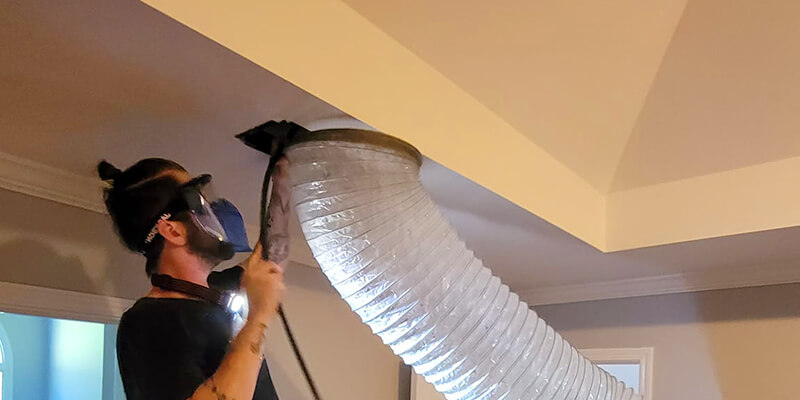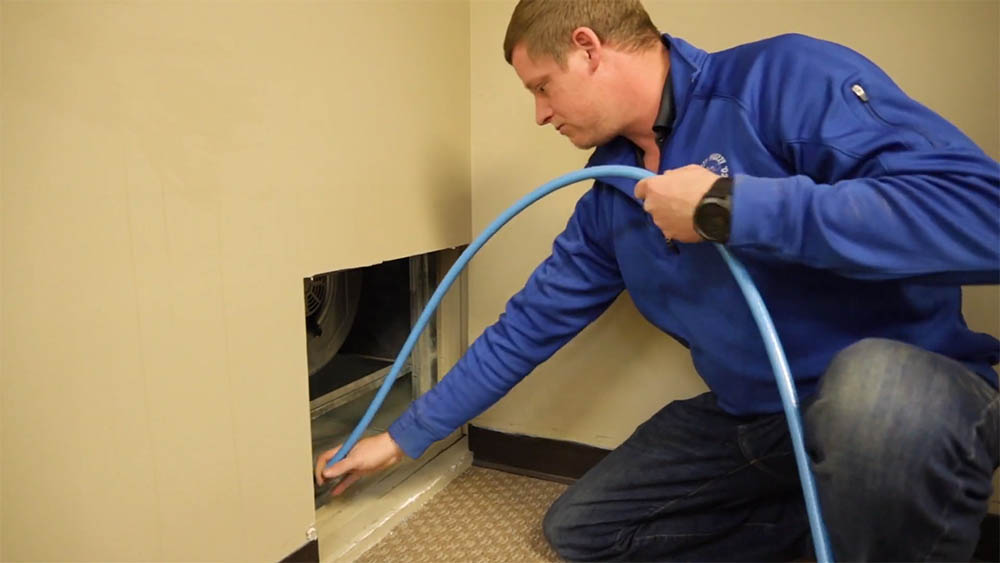Heating our homes and businesses efficiently has become crucial as we aim to reduce energy consumption and environmental impact. So, what is the most energy-efficient heating? This article explores various heating systems, their efficiency levels, and their suitability for different settings.

Understanding Energy-Efficient Heating Technology
The term energy-efficient heating refers to heating systems that use the least amount of energy to provide the desired level of warmth. It’s not just about saving money; it’s about creating a sustainable environment for future generations.

Why Energy Efficiency Matters
Reducing energy consumption can lead to significant cost savings and a smaller carbon footprint. Efficient heating systems help conserve resources and reduce pollution, playing a vital role in combating climate change.
The Importance of Energy Star Ratings
When choosing a heating system, look for the Energy Star rating. These ratings indicate the energy efficiency of the appliance and can guide you in making a more informed decision.

Types of Energy-Efficient Heating Systems
Heat Pumps
One of the most energy-efficient heating systems is the heat pump, which transfers heat from the outside air or ground into your home. Heat pumps can be up to 300% efficient, meaning they produce three times more energy than they consume.
Air Source Heat Pumps
These heat pumps extract heat from the outside air, even during cold weather. They are best suited for moderate climates and can also provide cooling during summer.
Geothermal Heat Pumps
Geothermal heat pumps, also known as ground source heat pumps, utilize the constant temperature of the earth to provide heating. They are highly efficient but often come with higher installation costs.
Solar Heating Systems
Solar heating systems use the sun’s energy to heat your home. While the initial investment can be high, the ongoing costs are minimal, making it a sustainable option for many homeowners.

Comparing Heating Systems
Let’s delve into the pros and cons of various energy-efficient heating systems to help you determine the best option for your needs.
Electric Heaters
Electric heaters are simple and easy to install but are not the most energy-efficient option. They can be costly to operate, especially in larger spaces.
Gas Furnaces
Gas furnaces are more efficient than electric heaters but can be less eco-friendly due to carbon emissions. High-efficiency models, however, can offer a good balance between cost and efficiency.
Wood Stoves
Wood stoves provide a cozy heating option but require regular maintenance and a supply of firewood. They can be efficient in small spaces but are less practical for larger areas.
Radiant Floor Heating
Radiant floor heating involves installing heating elements under the floor. It provides consistent warmth and is highly efficient but can be expensive to install.

Choosing the Right Heating System
When selecting an energy-efficient heating system, consider factors such as your climate, the size of your space, and your budget. Conducting a thorough assessment of your needs will ensure you choose the most suitable option.
The Cost of Energy-Efficient Heating Systems
While the initial cost of some energy-efficient systems can be high, the long-term savings often outweigh the investment. It’s essential to consider both the upfront costs and the potential savings on your energy bills.
Installation and Maintenance
Proper installation and regular maintenance are crucial to ensuring your energy-efficient heating system operates at its best. Hiring certified professionals can help you get the most out of your investment.
DIY vs. Professional Installation
While some systems might be suitable for DIY installation, others require professional expertise. Always follow manufacturer guidelines and consider hiring a professional for more complex systems.
Regular Maintenance Tips
Regular maintenance, such as cleaning filters and inspecting components, can prolong the life of your heating system. Scheduled maintenance can also help identify and address issues before they become major problems.
Eco-Friendly Heating Options
Opting for eco-friendly heating systems not only reduces your carbon footprint but also contributes to a healthier planet. Systems that utilize renewable energy sources like solar and geothermal are excellent choices.
Technology and Innovations in Heating
The heating industry continually evolves, with new technologies making systems more efficient and user-friendly. Innovations like smart thermostats and advanced heat pump designs are paving the way for a more energy-efficient future.
Smart Thermostats
Smart thermostats allow for precise temperature control and can learn your preferences over time. They can be controlled remotely, providing convenience and added energy savings.
Advanced Heat Pump Designs
New heat pump models offer higher efficiency and better performance in a wider range of climates. These advancements make heat pumps a more viable option for many homeowners.
Government Incentives and Rebates
Many governments offer incentives and rebates to encourage the adoption of energy-efficient heating systems. These programs can significantly reduce the cost of upgrading your heating system.
Federal Incentives
Federal programs often provide tax credits for installing approved energy-efficient systems. Research available incentives in your area to take advantage of these savings.
Local Rebates
Your local utility company or government might offer additional rebates and incentives. Check with them to find out what options are available.
The Future of Heating Systems
The future of heating lies in more efficient, sustainable, and smart technologies. Ongoing research and development will continue to bring new solutions to the market, helping us heat our homes and businesses more efficiently.
Conclusion: Making the Right Choice
Choosing the most energy-efficient heating system depends on various factors, including your specific needs and circumstances. By understanding the different options and their benefits, you can make an informed decision that will save you money and reduce your environmental impact.
FAQ
What should I consider when choosing an energy-efficient heating system?
Consider factors such as climate, space size, budget, and energy source availability. Assess your specific needs and compare different systems to find the best fit.
Are heat pumps suitable for cold climates?
Yes, modern heat pumps, especially geothermal ones, are designed to work efficiently even in cold climates. Air source heat pumps can also be effective with the right selection and installation.
How can I reduce heating costs with my existing system?
Improving home insulation, sealing leaks, and using programmable thermostats can help reduce heating costs. Regular maintenance of your existing system also ensures optimal performance.
For more information on air duct cleaning and how it can affect your heating efficiency, check out our articles on air duct cleaning costs and what to expect after air duct cleaning.
As an Amazon Associate, I earn from qualifying purchases.